Goodbye to traditional sheet music! Discover how AI is changing the musical score.
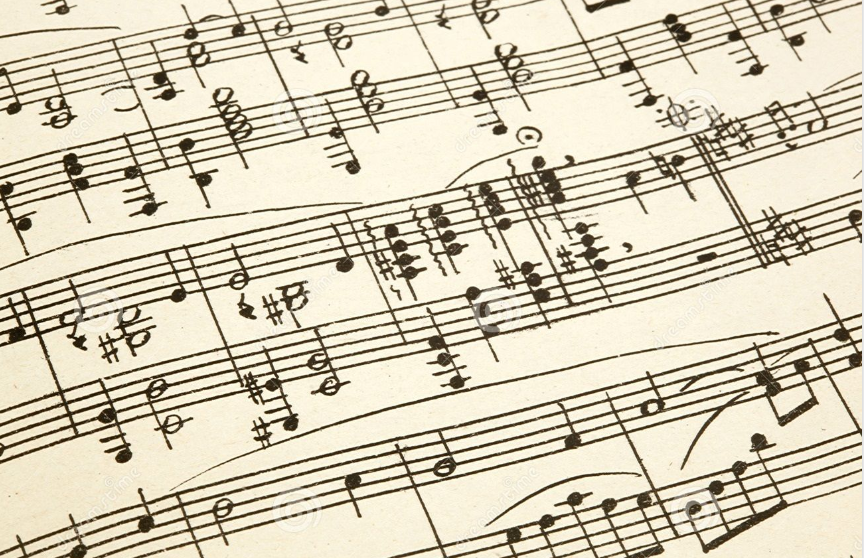
Hey, music lovers and brain curious! Get ready for a mind-blowing journey through music science – it turns out that some brainiacs at KAIST, led by Professor Hawoong Jung, have unraveled the mystery behind our musical instincts using nothing less than an artificial neural network. Yes, it sounds like science fiction, but this is real! So, we know that music is like the language we all speak, right? But here’s the million-dollar question: could our “musical instinct” be something we all share, even though we live in totally different cultural worlds? The team asked themselves this very question and decided to go big to answer it.
It turns out that January 16 was a historic day (well, at least for music science lovers). These research geniuses revealed that our musical instincts don’t need master classes; they used an artificial neural network model to demonstrate that our brain can pull melodies out of thin air – yes, without being taught! Before you think this sounds like magic, let me explain a little bit more, it was already known that music is everywhere, literally! A study in Science in 2019 said that music is like that friend that is never missing in cultures all over the world. But how does our brain process it so naturally?
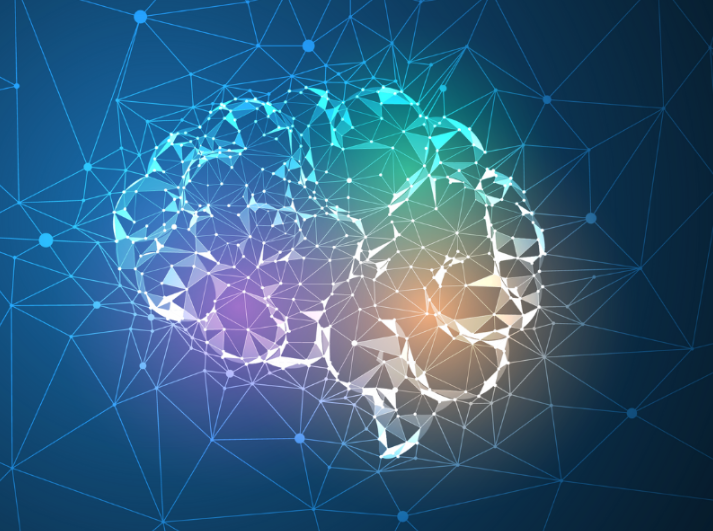
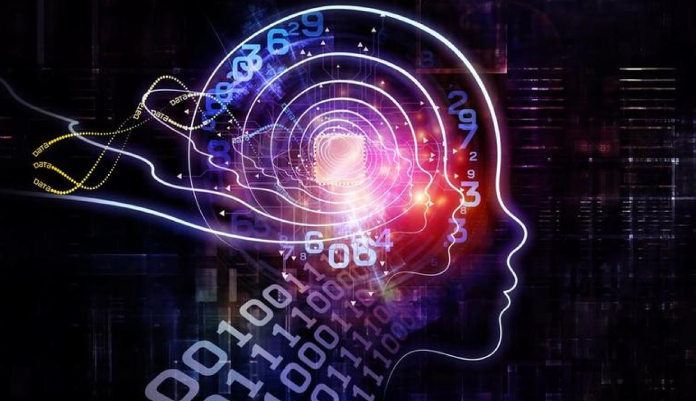
This is where Jung’s team comes in, they used something called AudioSet, a mountain of sound data from Google, and taught the artificial neural network to recognize different sounds and here comes the fun part: they found that certain neurons in the model responded more to music than a teenager would to a cat meme. These neurons were going crazy with all genres, from classical to electronica and even discovered that these neurons were like music critics, because they were less responsive when the music was cut and mixed like a DJ at a crazy party.
The most amazing thing is that these neurons are not only music fans, but also help process other natural sounds. Yes, they have a double life! Musical ability” turns out to be a kind of evolutionary superpower that helps us deal with the sounds of nature. Professor Jung, the mastermind behind it all, dropped the pearl: “Our study suggests that evolution has played a role in forming the universal basis for processing musical information in different cultures.” And the most exciting thing is that this brain model could have mind-blowing applications, from creating AI music to music therapy.
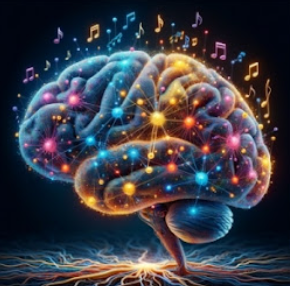

But of course, everything has its limits. Jung points out that this research does not include the process of learning music, so there are still more secrets to be discovered. Who knows what else the future of music science holds? Stay tuned, music lovers of knowledge!
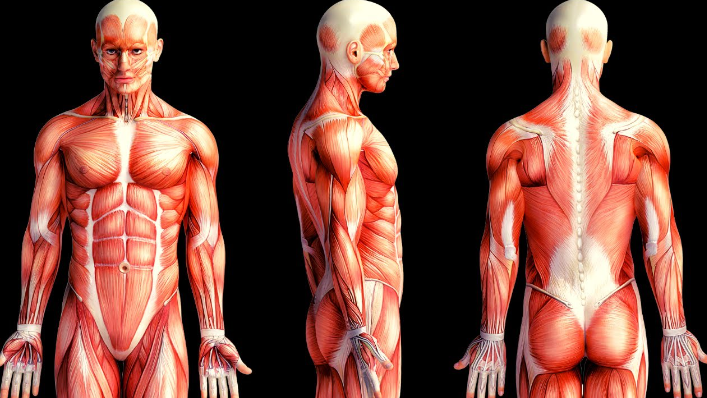




Responses